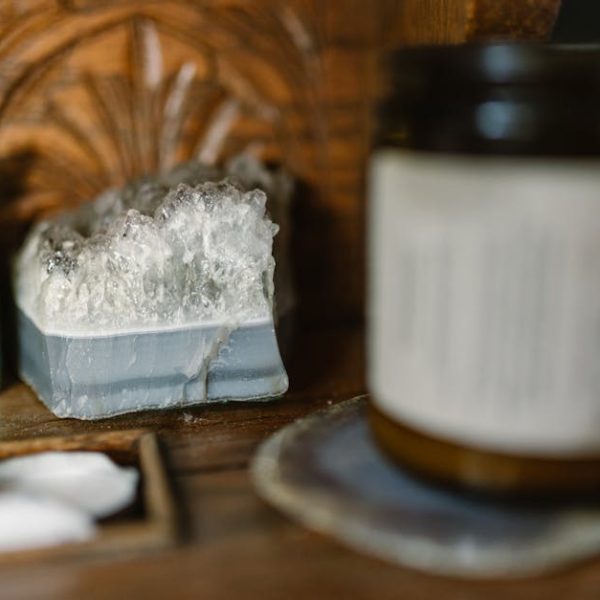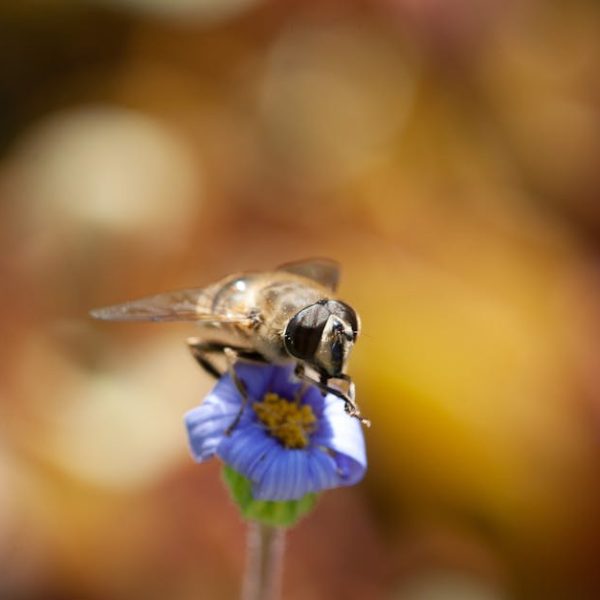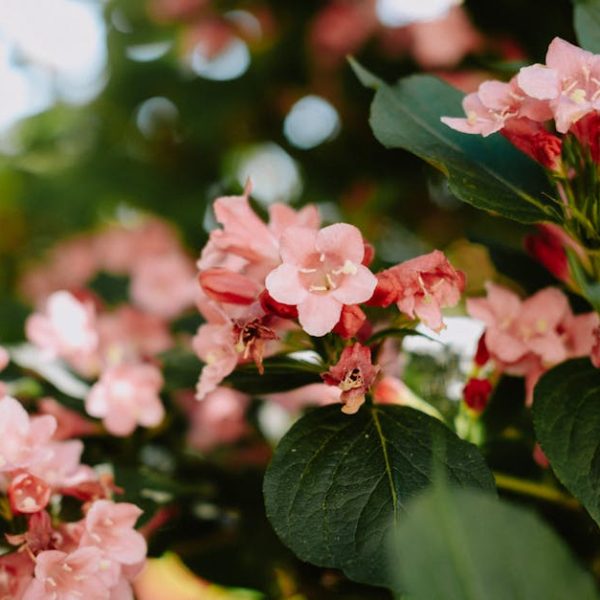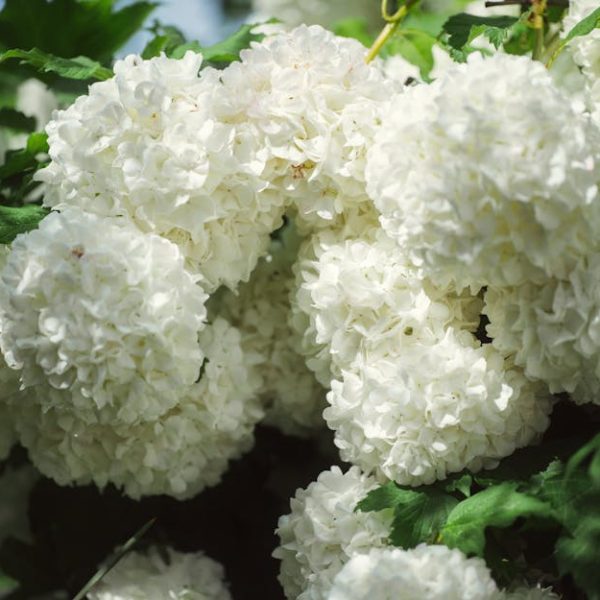First things first, understanding the reasons why squirrels invade your yard can make it a lot easier to implement restorative measures. At the core of it, squirrels are attracted to three things: food, shelter, and a safe place for breeding. Unknowingly, many homeowners create the perfect squirrel resort without even realizing it.
Typical attractions for squirrels include:
- Bird feeders: Squirrels love seeds, and bird feeders are like all-you-can-eat buffets to these critters.
- Garbage cans: They can smell food waste from afar and will rummage around for scraps.
- Outdoor pet food: Having food left out in bowls can be an open invitation.
- Certain plants: Squirrels are particularly fond of vegetables, fruits, and nuts.
Pro Tip: Take a walk around your yard and try looking at it from a squirrel’s perspective. This could allow you to comprehend what’s drawing squirrels to your yard more effectively.
Creating a Less Appealing Environment
After recognizing why squirrels are attracted to your yard, you can take steps to change the situation. With just a few modifications, you can transform your yard from a squirrel hive to an environment they’ll likely avoid.
Best Practices for Creating a Squirrel-Unfriendly Environment:
- Clean up after outdoor meals immediately to avoid leaving crumbs and leftovers that squirrels could be attracted to.
- Seal potential entrances to your home like small holes leading to attics or basements where squirrels may decide to nest.
- Dispose of potential nest-building materials like piles of leaves or unused outdoor furniture cushions.
The pros of having a squirrel-free yard extend beyond just saving your garden produce or bird seed. It can also reduce the chances of property damage caused by squirrels and limit the noise they produce. However, a con might be missing out on the opportunity to observe these seemingly harmless and sometimes entertaining creatures in your outdoor space.
Natural Deterrents
While changing the appeal of your yard will certainly make it less attractive for squirrels, going one step further with natural deterrents can add an extra layer of defence. These deterrents repel squirrels without causing them any harm, allowing for a humane method of control.
Natural Deterrents to Consider:
- Plants: Some plants, such as daffodils and hyacinths, aren’t on a squirrel’s preferred menu and can deter them.
- Smells: Squirrels dislike the scent of peppermint or spicy smells like cayenne pepper.
Pro Tip: Scatter deterrents around the areas where squirrels seem to hang out the most for the best results.
In the quest to make your yard less inviting to squirrels, every step matters. By understanding what attracts them, making your environment less appealing, and using natural deterrents, you’re well on your way to returning your yard to a peaceful, squirrel-free state.
Squirrels and Your Garden
Squirrels, while charming, can become a menace when they invade your garden. From chewing on newly planted bulbs to digging up your flowers, squirrels can leave a trail of destruction in your precious green space.
Here are some Best Practices to Protect Your Garden from Squirrels:
- Physical barriers: Use mesh, wire, or a plastic barrier around more vulnerable plants
- Plant cages: Use wire plant cages to protect smaller plants.
- Squirrel-resistant plants: Squirrels are less fond of some plants. Consider planting more daffodils, hyacinths, mint or marigolds, known to repel them.
Checklist for Setting up a Squirrel-Resistant Garden
- Identify areas in your garden frequently visited by squirrels.
- Remove any food sources, like fallen fruits or bird feeders.
- Apply natural repellents, such as peppermint or spicy scents.
- Install physical barriers around vulnerable plants.
- Replace attractive plants with squirrel-resistant plants.
- Monitor regularly and strengthen preventive actions as required.
Professional Assistance and Squirrel Control Products
In more severe cases where the squirrel infestation persists, it might be time to call in the pros. There are services available that specialize in humane squirrel control and can help you regain full control of your yard. In addition to professional services, there are several commercial products available in the market that can help keep the squirrels at bay.
Here are some services and products to consider:
- Professional pest control services
- Squirrel repellents: They come in spray and granular forms and can be spread around the yard.
- Traps: Traps are available for capturing and releasing squirrels without harm.
- Motion-activated sprinklers: These can scare squirrels away without causing them harm.
Pro Tip: When seeking professional help or selecting a product, do consider the pricing, safety parameters, and effectiveness. While setting traps or using harsh chemicals may seem effective, it’s crucial to prioritize humane and ecological methods.
Comparing DIY Solutions to Professional Services
| DIY Solutions | Professional Services | |
|---|---|---|
| Cost | Generally inexpensive, depending on the solutions chosen. | Can be costly, depending on the extent of the infestation. |
| Effectiveness | Varies depending on methods used and consistency of implementation. | Usually highly effective as professionals have experienced methods of removal and prevention. |
| Safety | Depends on whether ecologically friendly methods are chosen. | Professional services should adhere to safety regulations and encourage humane handling of animals. |
While managing a squirrel situation can be a daunting task, armed with the right insights and methods, it can become manageable. Ultimately, the goal should be to create a balance between your need for a beautiful, undamaged yard and respecting the wildlife that shares our spaces.
Key Takeaway:
- Understanding the attractions in your yard can help identify why squirrels are invading your personal space. Food sources, shelters and breeding sites top the list.
- Altering your yard environment such as regularly cleaning, sealing possible entrances for squirrels and removing nest-building materials can keep them away.
- Natural Deterrents like certain plants and scents can control the squirrel population in your yard.
- Protecting your garden from squirrels involves steps like building physical barriers and choosing squirrel-resistant plants.
- In severe infestations, professional help from pest control services and products like squirrel repellents, traps, and activated-sprinklers can be useful.
Remember, it’s a matter of creating a balance between enjoying your yard and respecting the wildlife. By making your environment less attractive to squirrels and taking some simple steps, you can maintain your lovely yard without causing harm to these small visitors. Stay patient, stay consistent, and soon you’ll see a difference.
FAQs
Q: How can I identify if my yard is attracting squirrels?
A: Look for common attractions like bird feeders, garbage cans, pet food left outside and certain types of plants. Try viewing your yard from a squirrel’s perspective.
Q: What should I do if I cannot manage the squirrel infestation myself?
A: If the infestation becomes severe and unmanageable, you can seek help from professional squirrel control services ensuring they use humane methods.
Q: How can I protect specific plants in my garden from squirrels?
A: Physical barriers, such as mesh, wire, or a plastic barrier around vulnerable plants can help protect them. Additionally, plant cages can also be used.
Q: Are there any specific plants that deter squirrels?
A: Certain plants like daffodils, hyacinths, mint or marigolds are less appealing to squirrels and act as natural deterrents.
Q: Are DIY methods or professional services better for squirrel control?
A: It depends on the extent of the situation. DIY solutions can be effective for minor problems, but major infestations might require professional assistance. Consider factors like cost, safety, and effectiveness when choosing.
We encourage you to share this article with others who may be struggling with unwelcome squirrels. Keep exploring more posts on our website for other insights and tips.






